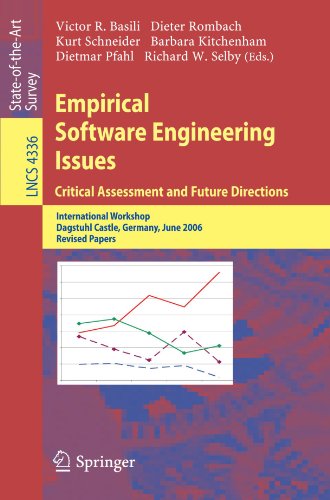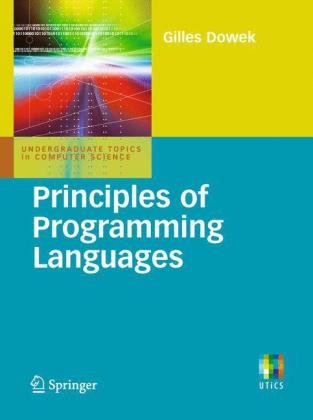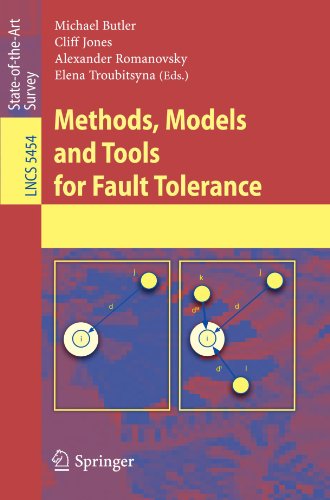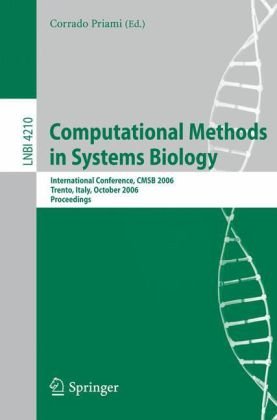Dieter Rombach (auth.), Victor R. Basili, Dieter Rombach, Kurt Schneider, Barbara Kitchenham, Dietmar Pfahl, Richard W. Selby (eds.)3540713018, 354071300X, 9783540713012, 9783540713005
Table of contents :
Front Matter….Pages –
The Empirical Paradigm Introduction ….Pages 1-3
Techniques for Empirical Validation….Pages 4-9
Status of Empirical Research in Software Engineering….Pages 10-19
Aggregation of Empirical Evidence….Pages 20-20
Empirical Evaluation in Software Engineering: Role, Strategy, and Limitations….Pages 21-21
New Opportunities for Empirical Research….Pages 22-22
Empirical Paradigm: Position Paper….Pages 23-23
The Value of Empirical Evidence for Practitioners and Researchers….Pages 24-24
Empirical Paradigm – The Role of Experiments….Pages 25-32
The Role of Controlled Experiments in Software Engineering Research….Pages 33-37
Creating Real Value in Software Engineering Experiments….Pages 38-38
From Silver Bullets to Philosophers’ Stones: Who Wants to Be Just an Empiricist?….Pages 39-39
Social and Human Aspects of Software Engineering….Pages 40-40
Longitudinal Studies in Evidence-Based Software Engineering….Pages 41-41
The Use of Grounded Theory in Empirical Software Engineering….Pages 42-42
Exploration and Confirmation: An Historical Perspective….Pages 43-49
Combining Study Designs and Techniques Working Group Results ….Pages 50-53
Optimizing Return-On-Investment (ROI) for Empirical Software Engineering Studies Working Group Results ….Pages 54-57
The Role of Controlled Experiments Working Group Results ….Pages 58-62
The Empirical Paradigm Discussion and Summary ….Pages 63-67
Measurement and Model Building Introduction ….Pages 68-69
Data Collection, Analysis, and Sharing Strategies for Enabling Software Measurement and Model Building….Pages 70-76
Knowledge Acquisition in Software Engineering Requires Sharing of Data and Artifacts….Pages 77-82
Effective Data Interpretation….Pages 83-90
Software Support Tools and Experimental Work….Pages 91-99
Measurement and Interpretation of Productivity and Functional Correctness….Pages 100-100
Synthesising Research Results….Pages 101-101
On the Quality of Data….Pages 102-102
Potential of Open Source Systems as Project Repositories for Empirical Studies Working Group Results ….Pages 103-107
Data Sharing Enabling Technologies Working Group Results ….Pages 108-110
Documenting Theories Working Group Results ….Pages 111-114
Measurement and Model Building Discussion and Summary ….Pages 115-120
Technology Transfer and Education Introduction ….Pages 121-124
Empirical Studies as a Basis for Technology Transfer….Pages 125-127
Relationships and Responsibilities of Software Experimentation….Pages 128-128
The (Practical) Importance of SE Experiments….Pages 129-129
How to Improve the Use of Controlled Experiments as a Means for Early Technology Transfer….Pages 130-130
Extending Empirical Studies to Cover More Realistic Industrial Development and Project Management Issues….Pages 131-131
Empirical Case Studies in Industry: Some Thoughts….Pages 132-132
Software Process Simulation Frameworks in Support of Packaging and Transferring Empirical Evidence….Pages 133-133
Structuring Families of Industrial Case Studies….Pages 134-134
Empirical Software Engineering: Teaching Methods and Conducting Studies….Pages 135-142
Educational Objectives for Empirical Methods….Pages 143-150
On “Landscaping” and Influence of Empirical Studies….Pages 151-151
Involving Industry Professionals in Empirical Studies with Students….Pages 152-152
Industry-Research Collaboration Working Group Results ….Pages 153-157
Teaching Empirical Methods to Undergraduate Students Working Group Results ….Pages 158-162
Technology Transfer and Education Discussion and Summary ….Pages 163-167
Empirical Software Engineering Research Roadmap Introduction ….Pages 168-171
Roadmapping Working Group 1 Results ….Pages 172-174
Roadmapping Working Group 2 Results ….Pages 175-177
Roadmapping Working Group 3 Results ….Pages 178-180
Roadmapping Working Group 4 Results ….Pages 181-183
Empirical Software Engineering Research Roadmap Discussion and Summary ….Pages 184-187
Back Matter….Pages –







Reviews
There are no reviews yet.